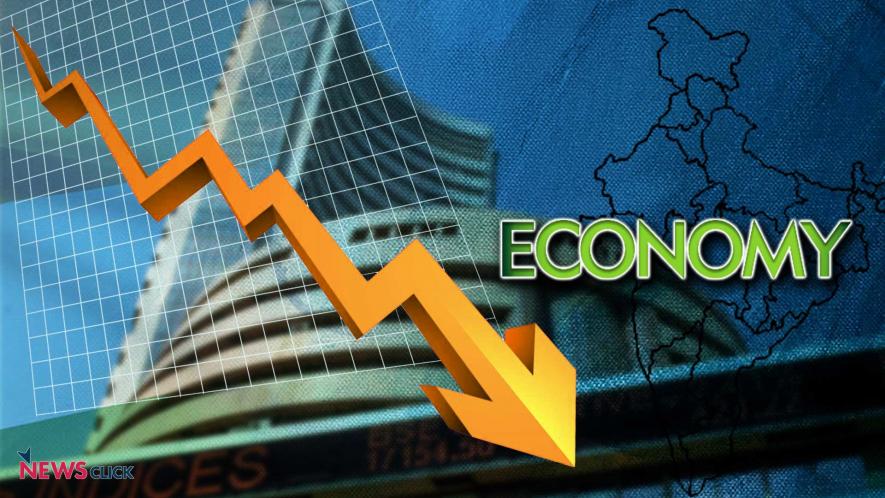Unfortunately, the government has approved 15 development projects worth Rs515bn, including a $900m loan that is addressing climate change. This move comes at a time when the government should employ fiscal prudence and tighten its belt to rescue the economy. This contradicts the promise made after the controversial election, where sacrifices were supposed to be made to revive the economy. Presently, Pakistan needs structural reforms to achieve economic sustainability.
Adding insult to injury, the government has also proposed a Rs8.6bn program to construct 104 more family suites for members of parliament and their staff. This lavish spending stands in stark contrast to the austerity forced upon the common people. These actions reflect poor policy, economics, politics, and optics. The elite facilitation has been the mark of different political parties in Pakistan. Legislators, bureaucrats and judicial officers have been using perks and privedlges lately.
The promises made by the prime minister to cut utility prices no longer resonate with the people, given the disparity between words and actions. The people, burdened by the country’s worst economic crisis, face high taxes, inflation, and unemployment due to lopsided ruling elite policies.
Pl, subscribe to the YouTube channel of republicpolicy.com
Despite the stringent conditions imposed by the IMF, the government seems unwilling or incapable of exercising the fiscal discipline required for an extended period. There is a lack of political will to make necessary cuts, leaving the people to bear the brunt of economic distress.
The government’s disconnection from reality is alarming, and its actions risk further eroding its credibility and legitimacy. As the IMF’s conditions take effect, ordinary people will bear the burden of financial trauma due to structural reforms.
With approximately half the country hovering around or below the poverty line, the impact of these reforms on millions of households will be significant. The government needs to reevaluate its policies and approach to the real economy, focusing on budget cuts rather than unnecessary spending and loans.
Additionally, the government’s aggressive buying of dollars in the local market due to its weak credit rating, cutting it off from international financial institutions, is concerning. It’s crucial for the government to acknowledge its mistakes and reduce unnecessary spending and debt before facing the growing discontent of the people. The government may incur these exenditures only if they revive the economy and the common man is economically relieved.
















